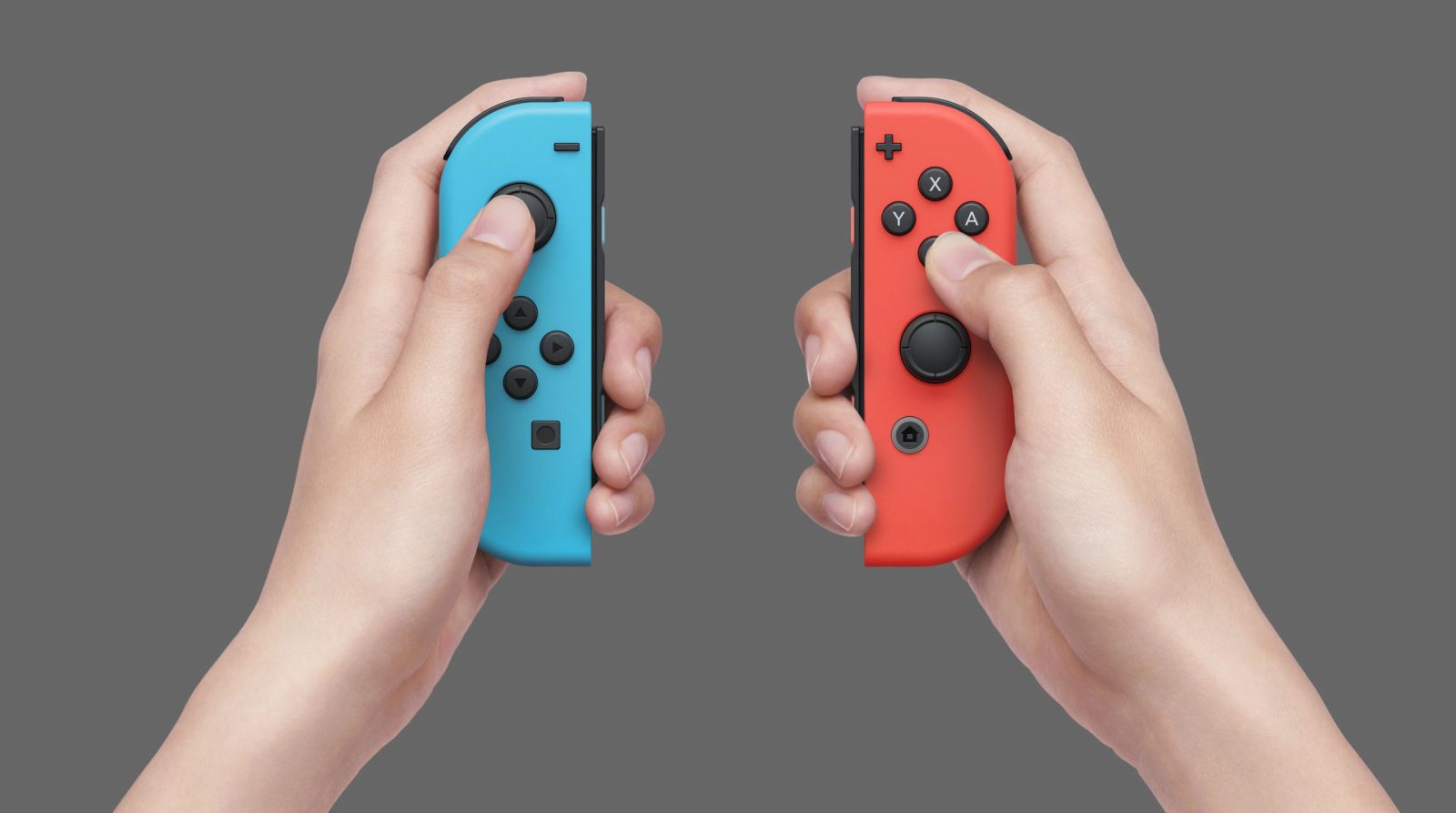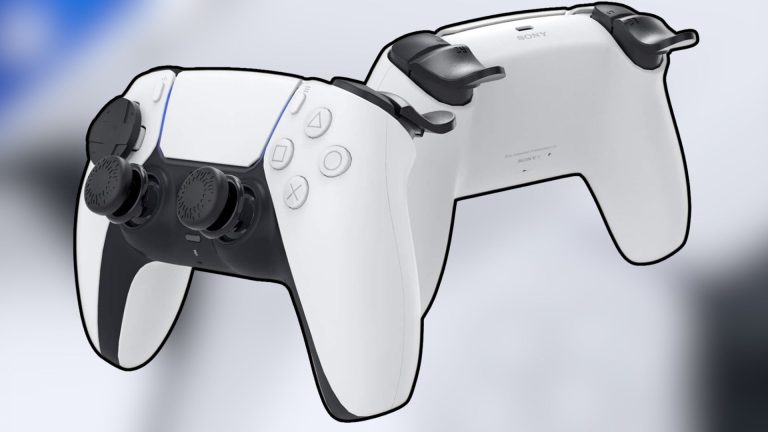When it comes to the world of patent lawsuits, where David often takes on Goliath, it’s not every day we see Goliath stomp out of the courtroom with a win, yet that’s exactly what happened in the recent case between Sony and a company that’s actually called Genuine Enabling Technology.
Earlier this week, a US District Court judge handed Sony a victory, ensuring that the PlayStation empire won’t be dishing out $500 million in damages to GET. The roots of this legal skirmish date back to 2017, when GET accused Sony of infringing on its intellectual property.
At the heart of the matter was the ‘730 Patent, a document outlining a “Method and Apparatus for Producing a Combined Data Stream and Recovering Therefrom the Respective User Input Stream and at Least One Input Signal.”
In simpler terms, GET claimed it had devised the only way for gaming consoles and controllers to communicate on two different frequencies simultaneously, a claim that Sony found as believable as the existence of unicorns.
According to GamesIndustry.biz, Sony argued that GET’s claims were flimsy, suggesting the evidence provided didn’t show that any component in PlayStation’s controllers was a carbon copy of the diagrams laid out in GET’s patent. It was a classic case of “your word against mine,” but with the winner walking away with (or, in Sony’s case, keeping) half a billion dollars.

Ultimately, on March 25, the judge delivered a verdict (though it might not necessarily be final and binding): Sony had not infringed on GET’s patent. He declared the case closed, leaving GET to lick its wounds and perhaps return to the drawing board once more.
This wasn’t Sony’s first rodeo in the courtroom, nor would it be its last, but it certainly was a moment of vindication for the PlayStation company. Interestingly, GET had previously cast its legal tendrils over Nintendo as well, in a lawsuit similar to Sony’s case – this raises the question whether GET is a serial litigator trying to use the legal system as a source of income.
While Nintendo initially emerged victorious, the Court of Appeals decided to give the case another go in 2022, reversing the decision and leaving the legal battle in progress. For now, Sony can enjoy its victory lap, safe in the knowledge that it has, at least for today, dodged a $500 million bullet.

